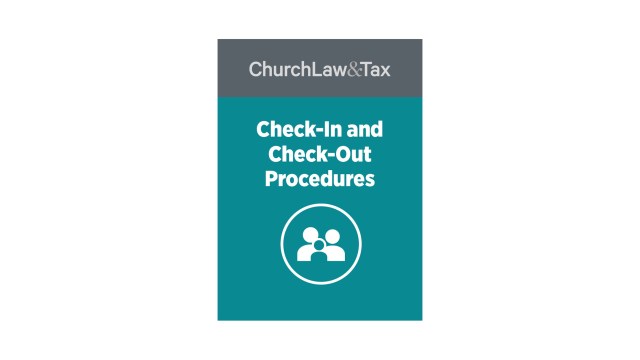• Key Point. An employer is not liable on the basis of negligent supervision for an employees misconduct that could not have been anticipated or discovered through the normal exercise of reasonable care.
The Minnesota Supreme Court ruled that a school was not liable on the basis of negligent supervision for the sexual seduction of a high school student by a female teacher. The teacher used a counseling relationship with a male student as the basis for a sexual relationship that continued for several months. Most of the sexual encounters occurred during regular school hours on school premises. The victim later sued the school, claiming that it was responsible for his injuries on the basis of negligent supervision. In rejecting the victims claim that the school was guilty of negligent supervision, the court observed:
[The school] performed standard teacher evaluations of [the teacher]. In addition to the evaluations [school officials] made several unannounced visits to [the teachers] classrooms. Because the school had no public address system, all messages were hand—delivered by staff and students to classrooms throughout the course of the school day. Even with all of this interaction during the school day, the [secret] relationship between teacher and student was never observed.
A school cannot be held liable for actions that are not foreseeable when reasonable measures of supervision are employed to insure adequate educational duties are being performed by the teachers, and there is adequate consideration being given for the safety and welfare of all students in the school. The safety and welfare of the students in a school setting is paramount. However, in this case, closer vigilance would not have uncovered the relationship because both participants worked hard to conceal it.
We hold that in this case the [school] is not liable for the intentional [wrongs] of its employee even though the acts occurred within work—related limits of time and place, where such acts were unforeseeable and were unrelated to the duties of the employee.
Application. This case illustrates that churches and schools are not “guarantors” of the safety of minors on their premises. Some injuries cannot be avoided no matter how much supervision is exercised. This court recognized that this is particularly true in cases of sexual misconduct, which are actively concealed from others. Churches are held to a standard of reasonable care in the supervision of their programs and activities. If this standard is met, then a church ordinarily cannot be liable on the basis of negligent supervision for injuries that occur. This case will be a useful precedent to any church that is sued on the basis of negligent supervision for an injury to an adult or child, if it exercised reasonable care in supervising its facilities and programs. The decision is of special significance because it came from a state supreme court. P.L. v. Aubert, 545 N.W.2d 666 (Minn. 1966). [Seduction of Counselees and Church Members, Negligence as a Basis for Liability]
© Copyright 1997, 1998 by Church Law & Tax Report. All rights reserved. This publication is designed to provide accurate and authoritative information in regard to the subject matter covered. It is provided with the understanding that the publisher is not engaged in rendering legal, accounting, or other professional service. If legal advice or other expert assistance is required, the services of a competent professional person should be sought. Church Law & Tax Report, PO Box 1098, Matthews, NC 28106. Reference Code: m67 m65 c0497



